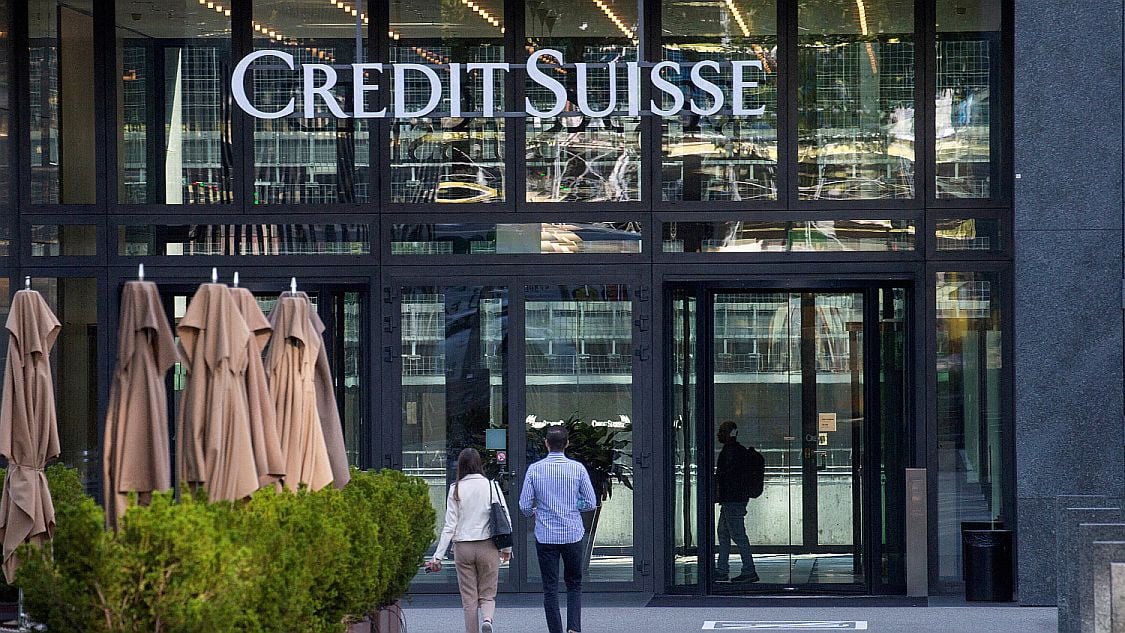Posted on: October 19, 2023, 06:55h.
Last updated on: October 19, 2023, 06:55h.
Credit Suisse finds itself caught up in Singapore’s gambling-driven money laundering scandal. The Monetary Authority of Singapore (MAS) is set to examine the bank’s handling of affluent clients, shedding light on the seriousness of a situation involving multiple financial institutions, both domestic and international.

Singapore’s financial sector is facing scrutiny as MAS prepares to conduct a comprehensive investigation into Credit Suisse and other banks, potentially implicating them in the gambling-related money laundering scandal that has disrupted the Asian financial hub.
The investigation aims to assess the effectiveness of the banks’ monitoring mechanisms for their affluent clients. This represents a departure from routine engagements and highlights the gravity of a situation that has embroiled at least 10 financial institutions.
Credit Suisse’s Familiar Ground
The probe follows the seizure of over SGD2.8 billion (US$2 billion) in assets, including cash, jewelry, and real estate, from alleged money launderers. This significant crackdown highlights the magnitude of illicit financial activities within Singapore’s banking sector.
MAS’s upcoming inspection will delve into the potential links between the banks and the suspects. It will also assess the overall effectiveness of their client vetting processes, revealing possible vulnerabilities and compliance lapses.
Among the banks under MAS’s microscope is Credit Suisse, which is no stranger to controversy. Having been acquired by banking giant UBS earlier this year, Credit Suisse played a prominent role in the infamous 1Malaysia Development Berhad (1MDB) scandal, which stands as the largest corruption case in Malaysia.
The 1MDB scandal involved the misappropriation of billions of dollars from a state investment fund, leading to investigations and legal action on a global scale. In 2017, Credit Suisse faced scrutiny from MAS in connection with the scandal.
The regulatory authority investigated the bank’s involvement and subsequently imposed a SGD700,000 (US$509,320) fine due to shortcomings in anti-money laundering controls and compliance standards.
This history places Credit Suisse under increased scrutiny in the current examination, raising concerns about its risk management practices and adherence to regulatory requirements.
Imprisonment for Money Laundering Ringleaders
Ten individuals, all of Chinese origin with passports from different countries, were initially arrested for their involvement in the money laundering scheme. They are currently behind bars and have been denied bail. Despite the government seizing their assets, it is possible that they may have undisclosed hidden assets. Given that some of those involved possess multiple passports, there is also a fear that false documents may be used to circumvent border controls.
Four out of the five individuals who appeared in court on Wednesday had their bail requests rejected due to these concerns. The hearing for the fifth person was postponed until November 17 due to a change in lawyers; however, they remain in custody.
During the hearing, one of the four, Su Jianfeng, made comments that demonstrated the willingness of the participants in the scheme. According to Asia News Network, he claimed to be the CEO of a Singapore-based IT company but admitted to having no knowledge of the company’s office or operations.


